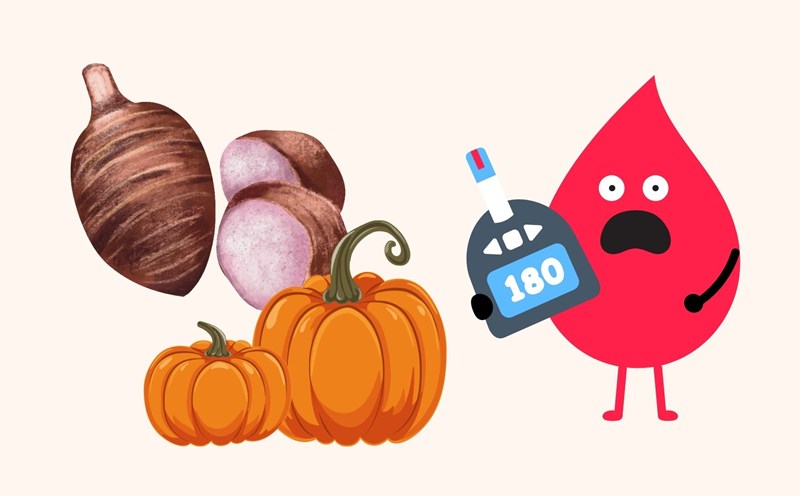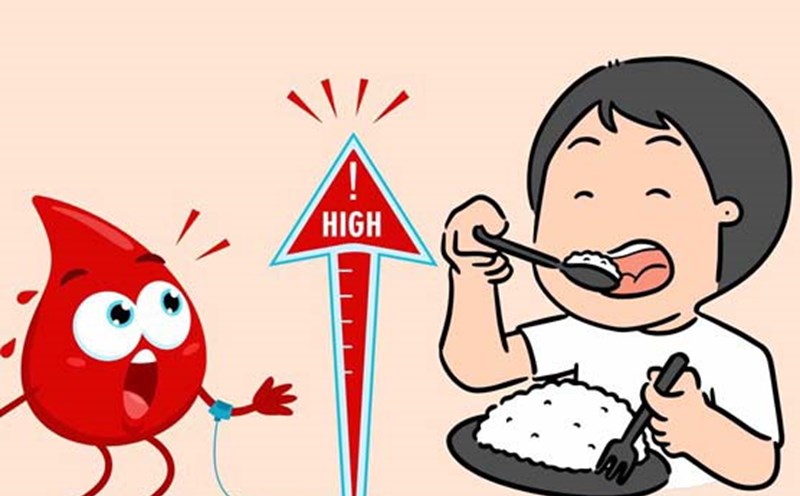Diet plays an important role in controlling blood sugar and preventing complications. In particular, onions, a familiar food in the kitchen, are recommended by many experts to be added to the patient's menu.
According to the American Diabetes Association, onions contain high levels of antioxidants, especially quercetin and sulfur compounds, which can improve insulin sensitivity and reduce inflammation in the body. Studyes show that onions can help lower blood sugar naturally, while also supporting the reduction of bad cholesterol, thereby reducing the risk of cardiovascular complications in diabetics, says Dr. Michael Ristow, a nutritionist at the Swiss Federal Institute of Technology (ETH Zurich).
A study published in the Journal of Medicinal Food also confirmed that onion extract has a significantly lowering blood glucose levels in people with type 2 diabetes. In addition, onions are rich in fiber, which helps slow down the absorption of sugar from food, limiting the sudden increase in blood sugar after meals.
Not only that, onions also have the effect of supporting weight control, a key factor in diabetes management. The sulfur compounds in onions also help improve liver function, an organ that plays an important role in glucose metabolism.
However, experts note that onions should be consumed in moderation, combined with a varied and balanced meal. People with diabetes should not abuse or use onions as medicine, but should consider this as part of the overall nutritional strategy along with physical exercise and medical monitoring.
A small onion in your daily meals can be a powerful help, helping people with diabetes control blood sugar and protect their long-term health.










